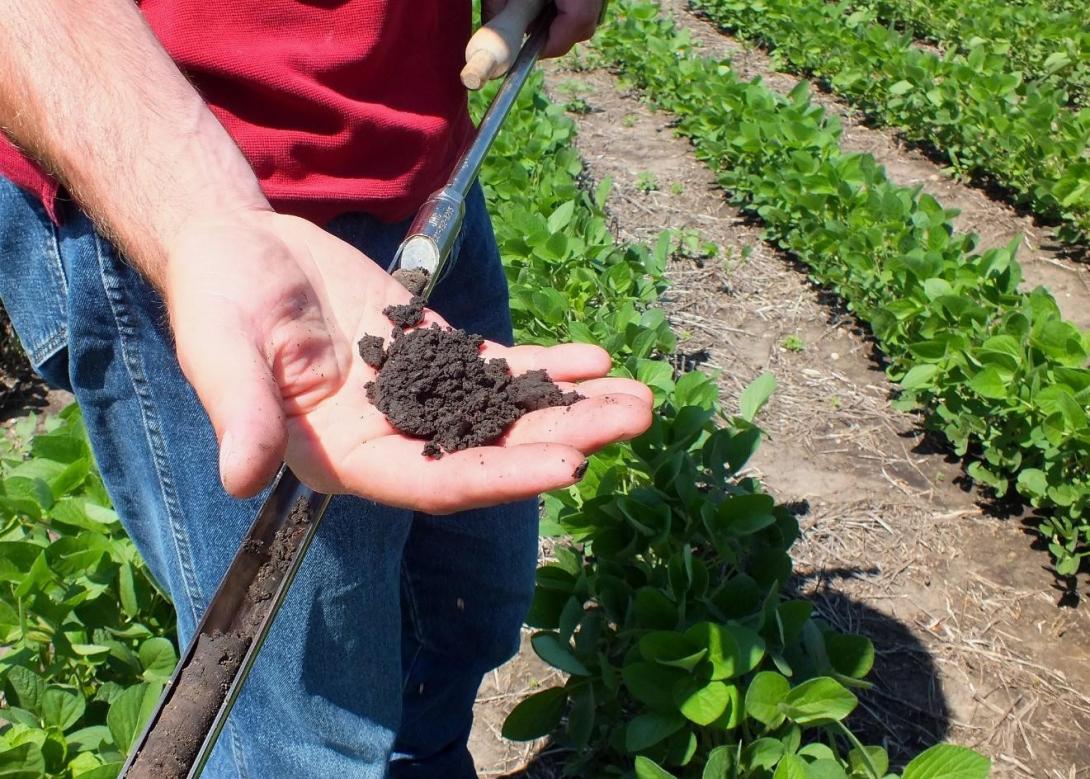Most soil scientists have earned at least a Bachelor’s degree in biology, chemistry, agronomy, engineering or environmental studies from a major university. At many universities, two choices are available for specialized training in soils. The Soil Science option prepares students to enter the agricultural sector as farm advisors, crop consultants, soil and water conservationists, or as representatives of agricultural companies. The Environmental Soil Science option prepares soil scientists for careers in environmental positions dealing with water quality concerns, remediation of contaminants or for on-site evaluation of soil properties in construction, waste disposal, or recreational facilities. To get out of the field and into the lab, most soil scientists recommend a Master’s degree.
Soil scientists can be certified by the Soil Science Society of America to recognize their expertise and enhance their application status among fellow job seekers. According to the Soil Science Society of America, certification of professional expertise is broadly based on education, a comprehensive exam, and previous professional experience. Scientists may need to take continuing education courses every year to keep their certification, and they must follow the organization’s code of ethics. Some states require soil scientists to be licensed to practice. Licensing requirements vary by state, but generally include holding a Bachelor’s degree with a certain number of credit hours in soil science, a certain number of years working under a licensed scientist, and passage of an examination.

 Back to Career Explorer
Back to Career Explorer

